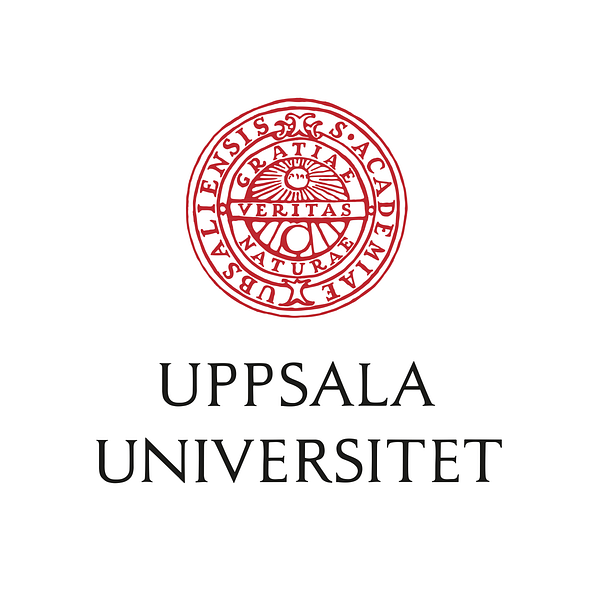Pressmeddelande -
Small amounts of antibiotics generate big problems
New research conducted at Uppsala University shows that extremely low concentrations of antibiotics can enrich for antibiotic resistant bacteria. The research suggests that antibiotic residue introduced to the environment via people and animals contributes to the problem of antibiotic resistance. The findings have just been published in the well-respected journal PLoS Pathogens.
Antibiotic resistance is a growing medical problem that threatens the effectiveness of health care the world over. It has until now been thought that resistant bacteria were primarily selected in people and animals undergoing high-dosage antibiotic treatment for infection. The just-published findings indicate, however, that the very low concentrations of antibiotics found in such external environments as sewage systems, lakes and rivers also play a role in selecting for resistance.
“About half of the antibiotic dose used in treating a person or animal leaves the body in unchanged, active form via the urine,” explains Uppsala University Professor Dan Andersson, who led the study jointly with Professor Diarmaid Hughes, also of Uppsala University.
Antibiotics released are spread via sewage systems to water and soil. Stable antibiotics can remain active in the environment for a very long time, causing enrichment of resistant bacteria, which in turn can infect people and animals via, for example, food. It is estimated that in Sweden alone, 10 to 20 tonnes of active antibiotics are released each year to the environment via the urine of people and animals treated for infection. It is plausible that more than 100,000 tonnes of antibiotics annually enter the environment in this way worldwide, though the figure is subject to uncertainty.
Highly sensitive laboratory experiments involving susceptible and resistant bacteria growing together under conditions of competition showed that selection for resistant bacteria can occur in the presence of fluoroquinolones, a class of chemically very stable antibiotics, at concentrations as low as 0.1 ng/ml.
“These findings, besides underlining the general importance of reducing antibiotic use, raise the question whether positive measures should be taken to purify sewage water of antibiotics to reduce selection for resistant bacteria in natural environments,” says Dan Andersson. “No specific measures are in place today. It may be that efforts should be made to inactivate water-borne antibiotics at water treatment plants, despite the high cost of currently available methods.”
In the last two years, Uppsala University has received a number of large grants for antibiotic research from a variety of sources, including the Swedish Research Council, the Swedish Foundation for Strategic Research, Vinnova, Formas and the EU. These grants, in conjunction with strategic investments by the Faculties of Medicine and Pharmacy, have turned Uppsala into an internationally significant centre for such research. Dan Andersson stresses that the research relating to low concentrations of antibiotics has resulted from these investments.
For more information, please contact:
Dan Andersson,
Tel: +46-18-471 4175
E-mail: Dan.Andersson@imbim.uu.se
Diarmaid Hughes
Tel: +46-18-471 4354
E-mail: Diarmaid.Hughes@imbim.uu.se.
Read the article in PLoS Pathongens.
Ämnen
Regioner
Uppsala universitet - kvalitet, kunskap och kreativitet sedan 1477. Forskning i världsklass och högklassig utbildning till global nytta för samhälle, näringsliv och kultur. Uppsala universitet är ett av norra Europas högst rankade lärosäten. www.uu.se
